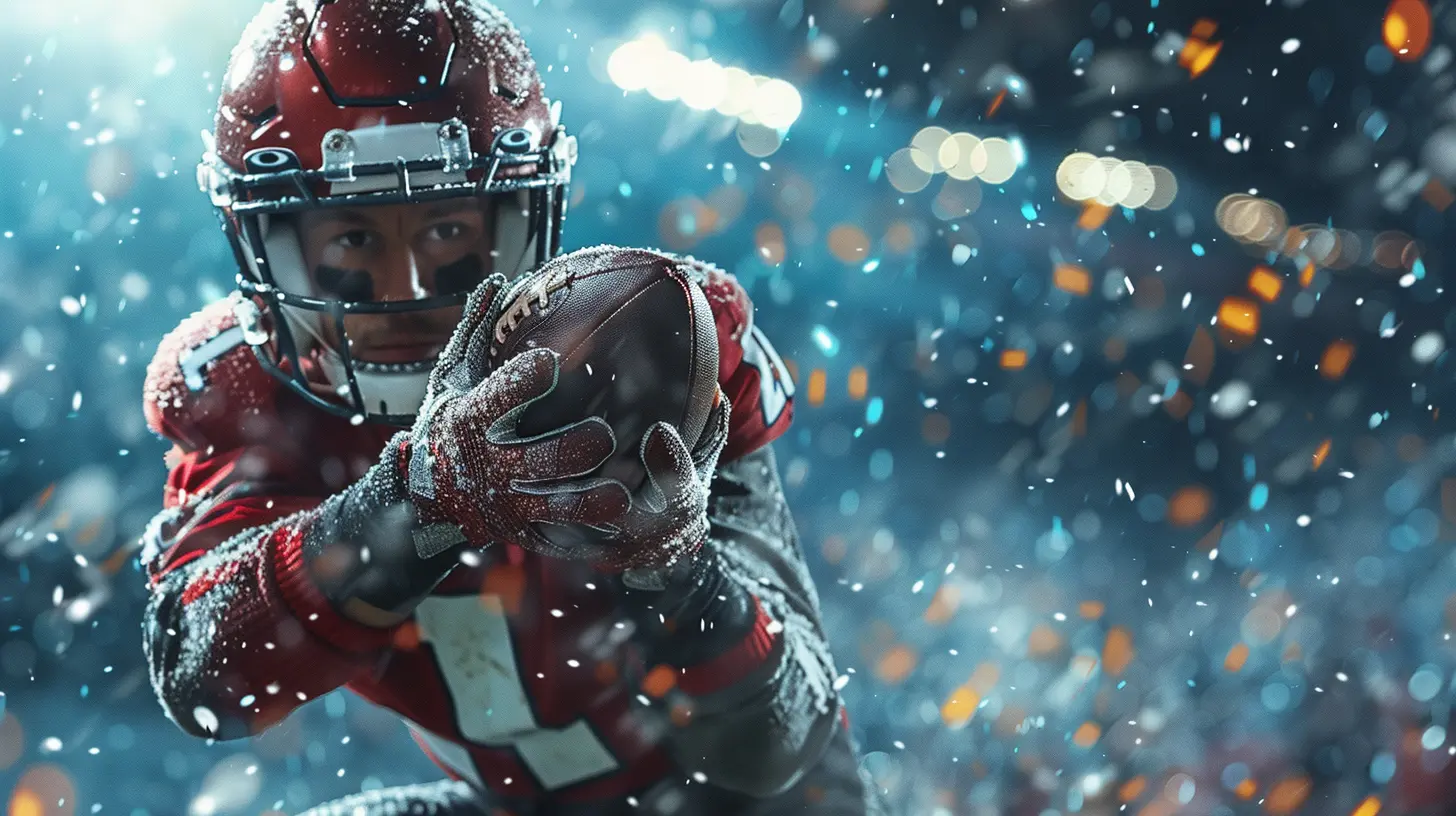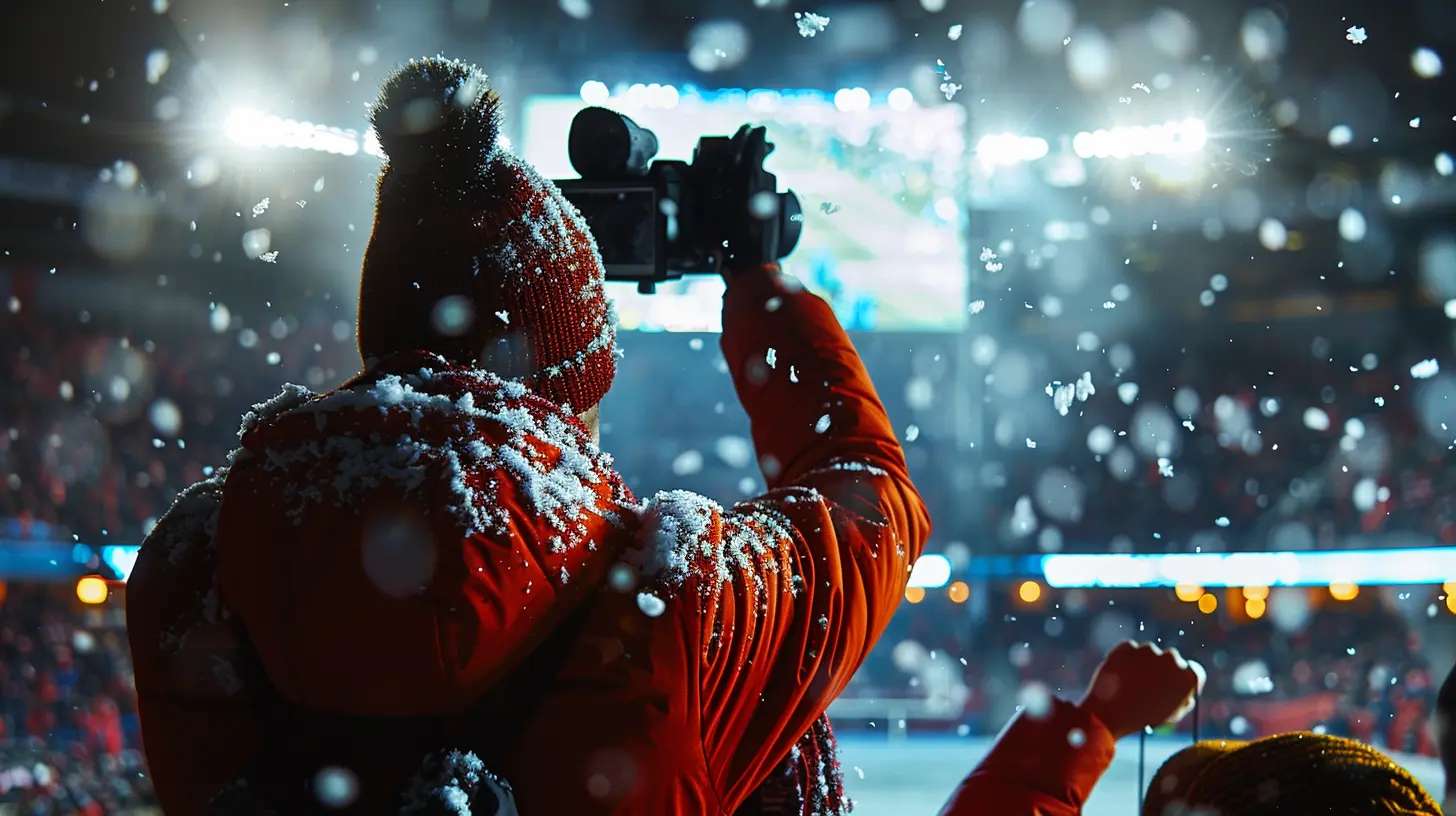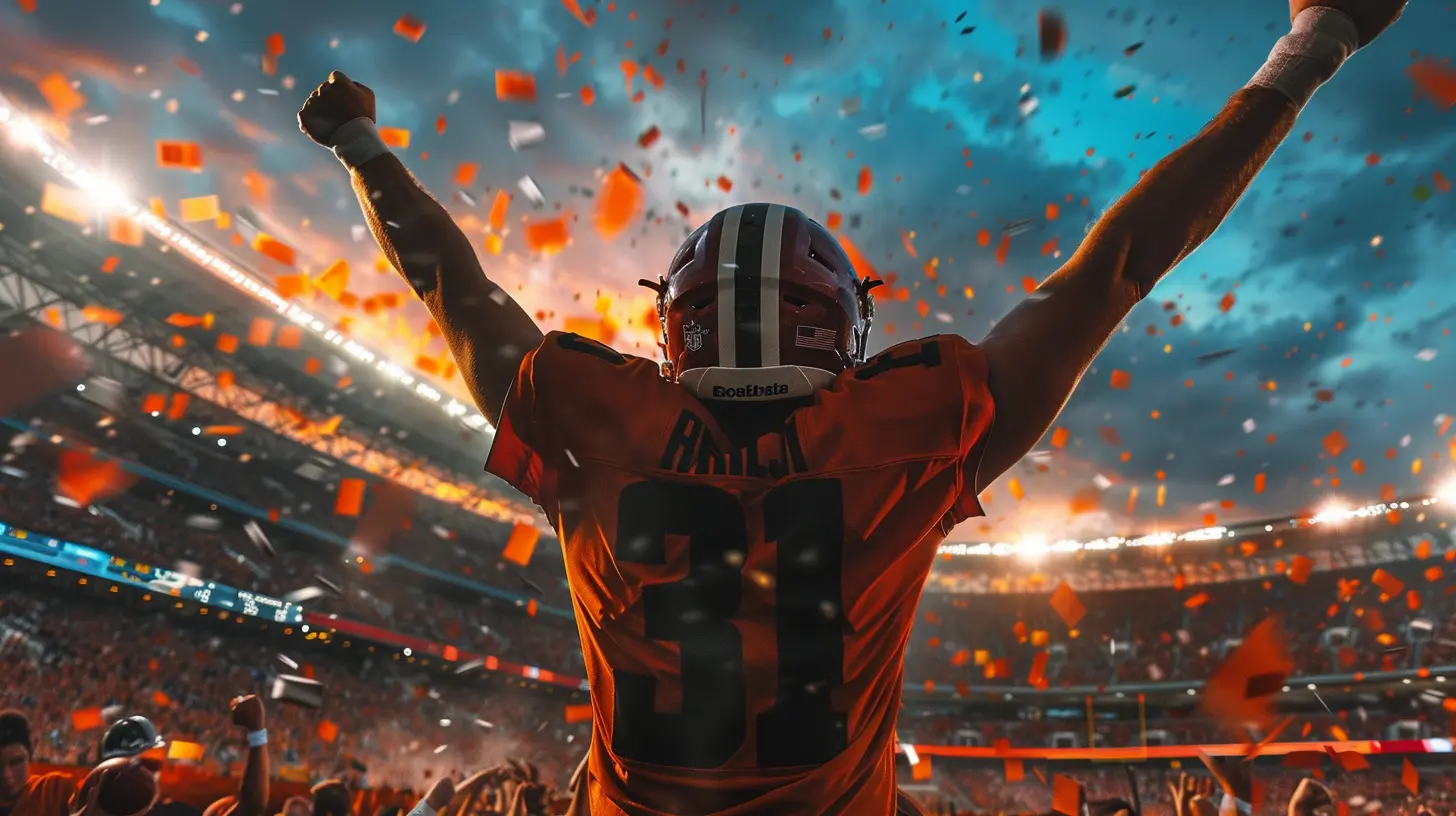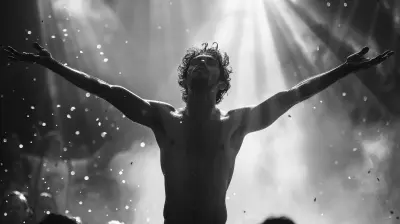The Art of Filmmaking in the World of Sports
27 September 2025
Sports and filmmaking—two completely different worlds, right? One is about raw, unfiltered action, while the other is about storytelling, composition, and creativity. But when these two worlds collide, magic happens. Think about the last time you watched a sports documentary or a highlights reel that gave you goosebumps. That's the power of great sports filmmaking.
In this article, we’ll dive into the artistry behind sports filmmaking, how it captures the emotions, triumphs, and heartbreaks of athletes, and why it plays such an essential role in the way we experience sports today. 
The Intersection of Sports and Filmmaking
If you think about it, sports and filmmaking share a common goal: storytelling. Every game, every match, and every competition tell a unique story filled with drama, struggle, and victory. Filmmakers take these real-life moments and elevate them, turning them into unforgettable cinematic experiences.From the slow-motion sequences of a sprinter crossing the finish line to the intense close-ups of an athlete’s face right before a crucial play, sports filmmaking is all about capturing the right moments in the right way. 
The Power of Visual Storytelling in Sports
Emotion Through Cinematography
Great sports films don’t just show the game; they make you feel it. A well-placed slow-motion shot, a dramatic zoom-in on an athlete’s expression, or a perfectly timed aerial view can add layers of emotion that make the audience deeply invested.Ever watched a boxing movie where every punch feels personal? That’s the magic of cinematography—it transports you right into the heart of the action.
Choosing the Right Angles
Angles matter—a lot. Picture a basketball game where the camera is positioned high up in the rafters. It gives a strategic view but lacks intensity. Now, imagine the camera moving court-side, at eye level with the players. Suddenly, you're not just watching the game; you're in it.Filmmakers use a variety of angles to create tension, excitement, and perspective that shape how the audience feels about the moment. Whether it’s a ground-level shot of a footballer sprinting towards the goal or a bird’s-eye drone view of a packed stadium, every angle has a purpose. 
Capturing the Heartbeat of Sports Through Editing
The Role of Editing in Sports Films
Editing is where the magic truly comes together. Raw footage is just that—raw. It’s the editor’s job to stitch together moments, add effects, and set the pacing to match the intensity of the sport.Think about the last time you watched a sports documentary’s montage scene. The rhythm of the cuts matched the intensity of the athletes. A training montage, for instance, uses quick cuts and dynamic transitions to convey progression, struggle, and determination.
The Impact of Music and Sound Design
Music in sports filmmaking is like adrenaline for the audience. The right soundtrack can elevate a scene from good to legendary. Imagine watching an underdog victory story without an uplifting background score—feels incomplete, right?Sound design is just as crucial. The squeaks of sneakers on a basketball court, the sharp crack of a bat hitting a baseball, the roar of a stadium crowd—these small details make the experience immersive and authentic. 
The Rise of Sports Documentaries and Biopics
Sports documentaries have exploded in popularity. From Netflix's The Last Dance to ESPN’s 30 for 30 series, these films give fans a behind-the-scenes look into the lives of athletes, the politics of sports, and the untold stories that make a game more than just a game.Why Are Sports Documentaries So Popular?
Because they go beyond the scores and statistics. They humanize athletes, revealing their struggles, mental battles, and personal triumphs. These stories resonate with audiences because they’re not just about sports—they’re about life, perseverance, and the pursuit of greatness.Biopics: Bringing Legends to Life
Biopics like Ali, Rush, and Remember the Titans have cemented themselves as some of the greatest sports films of all time. Instead of just re-telling facts, these movies dramatize real-life events to create gripping stories that inspire generations.The Evolution of Sports Filmmaking
Technology’s Role in Modern Sports Films
From high-speed cameras capturing every drop of sweat to drone footage providing breathtaking top-down views, technology has revolutionized how sports are filmed. Virtual reality (VR) is even allowing audiences to experience games from a first-person perspective, bringing them closer to the action than ever before.Slow-motion technology, for example, doesn’t just showcase a moment—it amplifies it. Watching a tennis ball spin through the air in super slow-mo makes you appreciate the technique, precision, and sheer athleticism involved.
Social Media and Short-Form Sports Content
With the rise of platforms like Instagram, TikTok, and YouTube, sports filmmaking isn’t limited to traditional films anymore. Quick highlight reels, behind-the-scenes footage, and player vlogs have created a new way for fans to engage with sports.Filmmakers now have to think about how their content fits into different formats—whether it’s a two-hour documentary or a 10-second clip that goes viral.
The Future of Sports Filmmaking
The relationship between sports and filmmaking is only going to get stronger. With AI-driven analytics, immersive camera technology, and new storytelling techniques, the way we experience sports through film will continue to evolve.The emotional connection audiences form through sports films will always be the driving force behind their success. As long as there are incredible sports stories to tell, there will be filmmakers ready to bring them to life in ways that move, inspire, and captivate us.
Final Thoughts
Sports filmmaking is more than just recording a game; it’s an art that blends motion, emotion, and storytelling to create unforgettable experiences. Whether it's through documentaries, inspirational sports movies, or viral highlight reels, this powerful medium continues to shape how we see and feel about sports.What’s your favorite sports film or documentary? Let’s talk in the comments!
all images in this post were generated using AI tools
Category:
Sports DocumentariesAuthor:

Easton Simmons
Discussion
rate this article
1 comments
Zeke Wade
Inspiring insights! Love the connection between sports and film!
October 6, 2025 at 4:06 AM

Easton Simmons
Thank you! I'm glad you found the connection inspiring!


